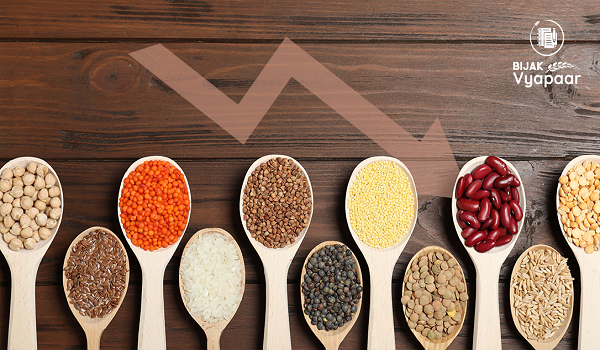In a bid to ease the burden on consumers, the government has called on pulse retailers to reflect the recent drop in wholesale prices in their retail offerings. The move comes amid declining prices of key pulses like tur and urad in major mandis across the country.
Nidhi Khare, Secretary of the Department of Consumer Affairs, led a meeting with the Retailers Association of India (RAI) and major retail chains on Tuesday to discuss price trends in the pulses market. Despite a significant 10% fall in mandi prices over the last three months, Khare noted that retail prices had not followed suit.
The government warned retailers against inflating profits by maintaining high prices, with Khare emphasizing the growing gap between wholesale and retail rates. The government is closely monitoring the situation and is prepared to take action if retailers are found to be exploiting the market.
With the festive season approaching, the government is particularly keen on keeping pulses affordable. The meeting urged retail chains to collaborate with NCCF and NAFED in distributing Bharat Dals, including Bharat Masur Dal and Bharat Moong Dal, to stabilize prices.
Khare highlighted that the improved supply of pulses, coupled with a 7% increase in the sowing area for Kharif pulses compared to last year, is expected to contribute to further price moderation. Imports from East Africa and Myanmar are also helping to boost domestic availability.
In preparation for the upcoming Rabi season, the Department of Agriculture is working to enhance self-sufficiency in pulses, with a focus on farmer registration and seed distribution programs.


